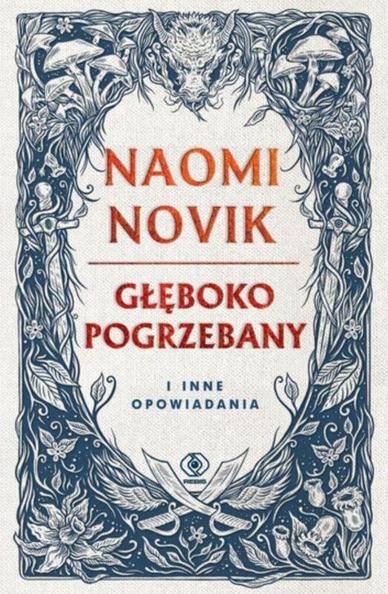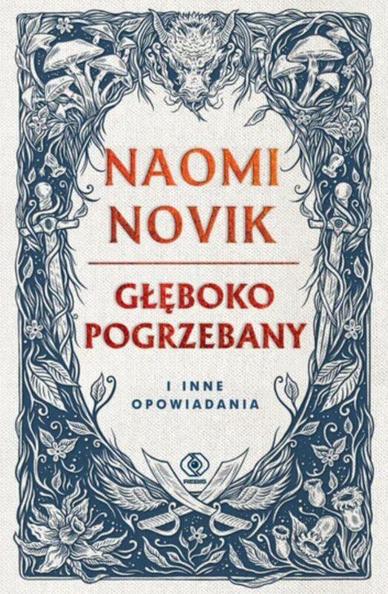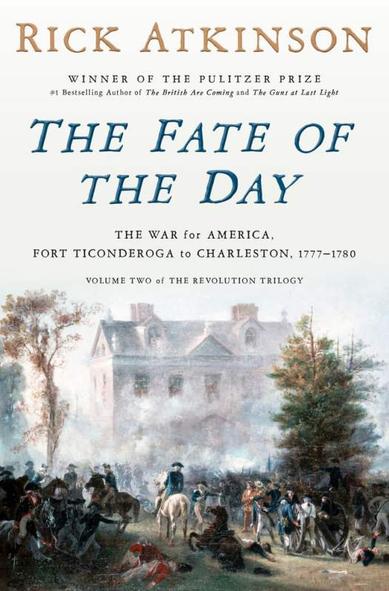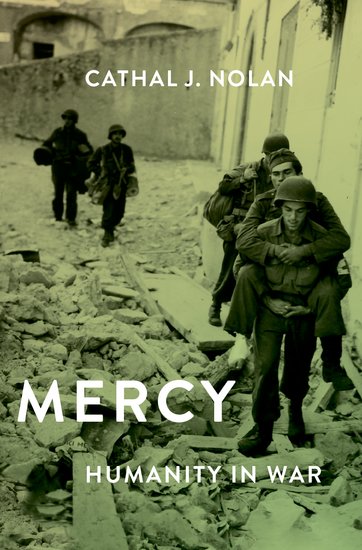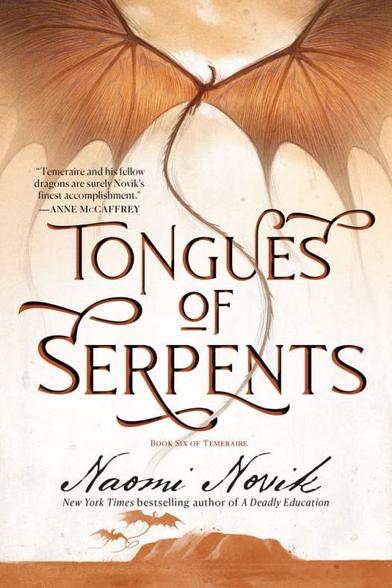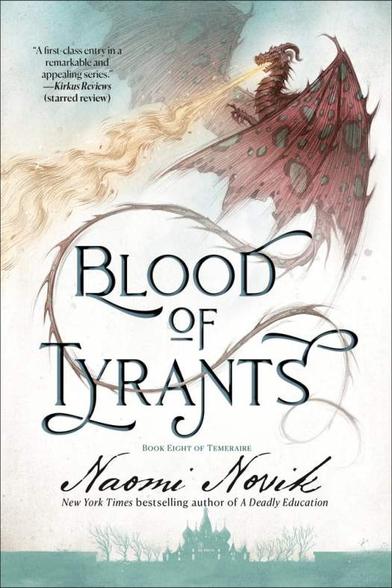A Badly Belated June Reading List
Weird, just the other day it was July and I was thinking that my book review post wouldn’t be colossally late again. Yet, here we are, unaccountably in September and I’m still writing about June. Time is a construct and I am against it. Still, we press on. Maybe, unlike the US strike on Iran nuclear facilities in June, we’ll actually get something out of it.
Too soon?
If I had to pick a theme for my June reading list, it would be, “Find me a historical era worse than this present one to give me some context, please.” Boy, did my reading list deliver. Curated mostly by historian Barbara Tuchman, it took me from the plague-ridden 14th century up through World War I. It doesn’t get much more real than that, I suppose. Add to that, the bits of Naomi Novik’s Temeraire series I consumed this month got dark and stayed dark. Appropriate, I suppose, for the month’s theme. Let’s dive in.
And, as always, the title links will take you to Bookshop.org which delivers its profits to local bookstores rather than to yet another billionaire with bad skin.
Favorite Read
I was rather hard-pressed to pick a favorite this month. Because say what you will about Barbara Tuchman – and many people have quite a lot to say – she is a damn good writer. But even with her expertise and entertaining prose, two other authors took top billing.
Number one…
The Fate of the Day – Rick Atkinson
This is the second in Atkinson’s Revolutionary War series, and it covers the monumental period of 1777-1780. Like all of Atkinson’s works, it is truly impressive in scope and detail. What makes his work stand out from others is that he places the Revolution in a global context. Beginning with an overview of the French court in 1777, Atkinson consistently returns to the oft-overlooked European stage of the contest as the war grows upon France and Spain’s entrance. And as if this weren’t enough, Atkinson once again delivers the small details that we love him for. Whether it is describing the fashions in Paris or the habits of Continental officers, Atkinson provides the kind of detail that brings history to life. Lastly, Atkinson manages to avoid many of the myths and traps inherent to Revolutionary War histories – well, mostly. He gets the surrender of Ticonderoga right, but unaccountably provides a garbled and incorrect rendering of the Battle of Hubbardton. He describes Brandywine well and accurately shows that the British capture of Philadelphia was a hollow victory (see, no one wanted Philly even back then) but is unfairly harsh on some Continental commanders. I feel we shall never agree on John Sullivan. Suffice to say, this holistic approach to three crucial years of the Revolution will stand as the benchmark for a survey work for decades to come.
Mercy: Humanity in War – Cathal Nolan
My number two book came as a bit of a surprise for me, to be honest. I picked it up because I had enjoyed Nolan’s Allure of Battle so much, but wasn’t sure what to expect. I came away with this as one of the more thought-provoking works I have read in a long time. Nolan makes a very good argument for the quality of mercy as a necessary component of war. While this seems counterintuitive, Nolan walks the reader through how mercy helps combatants keep their sense of humanity and can result in good policy decisions that are strategically beneficial for nations. And how spurning mercy can damage both individuals and nations for decades. Drawing on the world wars, on smaller conflicts of the 20th century, and on the wars on terror in the 21st century, Nolan assembles eloquent examples that help drive home his argument. Even if you don’t agree with him, this is a vital book to read. As the U.S. military focuses on the concept of lethality, Nolan’s argument strikes a cautionary note that lethality alone does not win wars.
Temeraire Series
Tongues of Serpents Blood of Tyrants
Once again, I am coming to you to recommend this absolutely stunning mashup of the Napoleonic Wars and dragons. In these two books, Captain Laurence and Temeraire get into the globe-trotting business even more, beginning with a nice trip to Australia. And as you’d expect, in a world where there are dragons, there are even more weird things in Australia to sting, drown, or eat you. There’s also a nice little civil war brewing there, because, well, Australia. Next, it’s off to the far east with some time spent in Japan combined with some amnesia – always a fun plot point. Then off to China to try to find a way to offset Napoleon’s air superiority through his alliance with the Inca. Overall, enjoyable reads. But also a little dark because the British government remains infernally stupid and because Bonaparte keeps winning. Unless you like that kind of thing, I guess.
A Barbara Tuchman Bender
That’s probably not a phrase she would ever expect to have seen, but isn’t the unexpected one of the joys of history? Yes, in June, I decided to go all in on a broad swathe of Tuchman’s works. No, Tuchman’s estate did not pay me to do this. It’s called hyper-fixation, get over it.
I started by revisiting The Guns of August which I last read nearly 15 years ago when I was a grad student and therefore had practically zero context for reading or for life. It continues to deliver, with more salient points leaping out at me in this reading. Such as how Kaiser Wilhelm bears a remarkable resemblance to a certain current world leader who also likes to have his headlines curated for him and delivered with gilt font. And how despite everyone believing their technology or their mindset is going to give them the war-winning edge, decisive victory is hard to achieve. And even if you achieve it, it doesn’t deliver what you think it will.
I truly enjoyed A Distant Mirror, a fascinating history of the 14th century. Maybe it’s because I am not a medievalist, but I found this work to be truly compelling. For example, Tuchman describes the way in which post-plague Europe did a memory dump of the plague era and went into a frenzy of illogical behavior – rather relevant in this post-COVID world where no one seemingly wants to talk about that year, but suddenly we’re all into strong-man regimes. Tuchman is able to present this era through the eyes of a French nobleman, which provides a grounding and detailed context rare for many surveys of an entire century. I cannot recommend this book enough for helping understand the current era.
And then, it was back to World War I with The Zimmerman Telegram. I am always being drawn back to the Great War, and Tuchman’s examination of the situation leading up to the formative events of 1917 is an excellent reminder that I always have more to learn. While the scholarship has improved on her original work since it was published, her storytelling remains excellent. Which leads me to her last work, Practicing History, a collection of essays describing a lifetime of being a historian. In it, she covers everything from historiography, battling with editors and publishers, entering the field of military history as a woman, and reflections on the future based off her life of study. It is a masterclass in that dreaded phrase, “Applicable history.” Too often it is used as a gateway for the utilitarian (and thus slanted) use of history. Instead, Tuchman demonstrates the historians’ evolving craft and the ways in which she has engaged with eras, peoples, and individuals. As the title suggests, history is not something one learns, it is something one practices. And it takes a lifetime of practice, where, usually, one keeps learning how little one really knows. And that remains, to me, one of the most exciting and adventurous aspects of being a historian.
Enjoy what you just read? Please share using the buttons below.
The opinions represented here are those of the author and do not necessarily represent those of the U.S. Army or the Department of Defense.
#Amreading #BarbaraTuchman #bookReview #CatholNolan #History #Military #NaomiNovik #ReadingList #RickAtkinson #TemeraireSeries #USArmy
